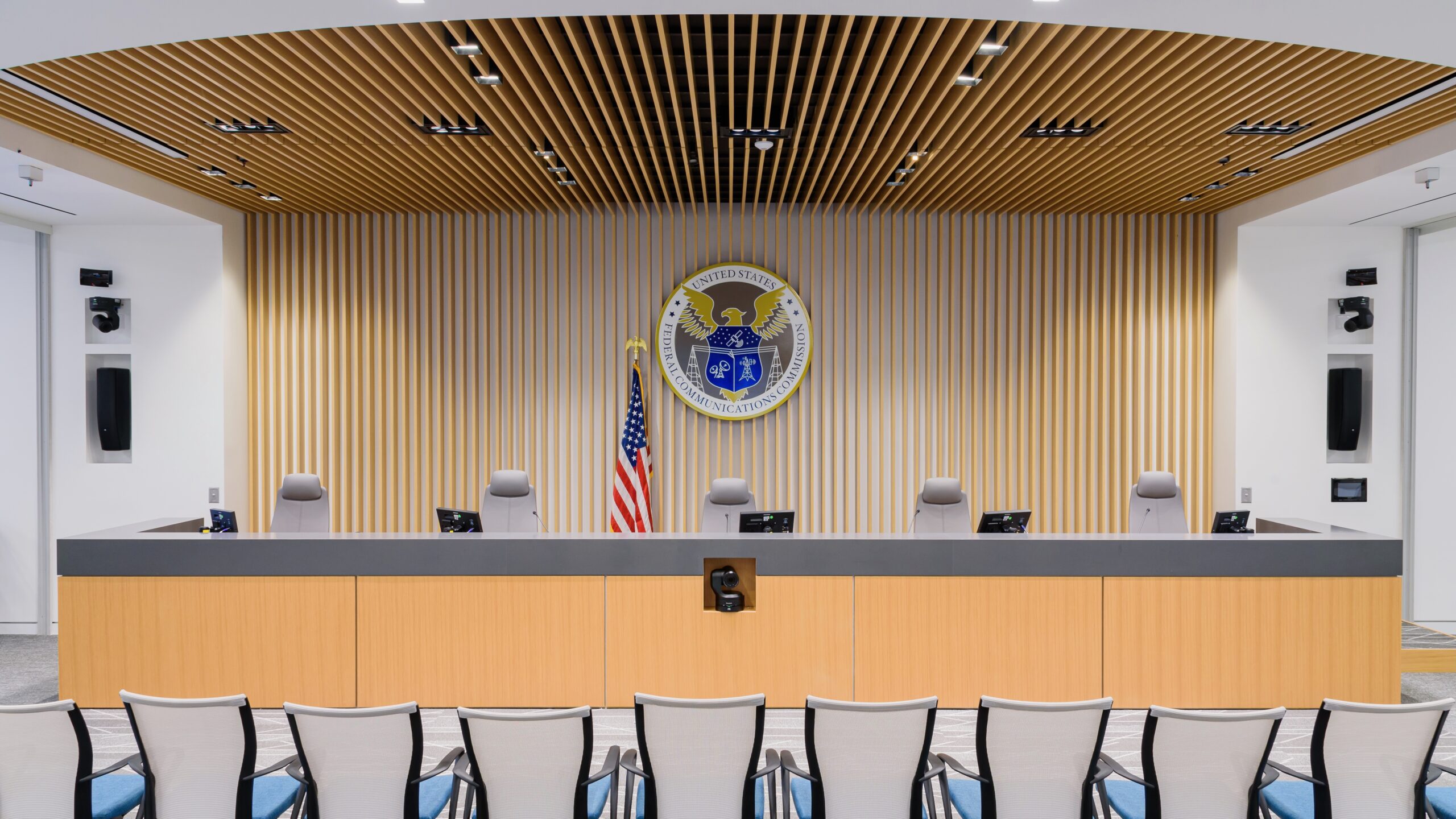As clock ticks, Native groups ask FCC for more time
Native Public Media and the National Congress of American Indians are warning the FCC that many tribal licensees may be unable to meet deadlines for station construction permits granted since 2007.
For one week that October, the FCC accepted applications for new full-power noncommercial educational stations — the first time the agency had done so in seven years. Native American groups spread the word about the rare opportunity to claim a share of FM spectrum. Tribal organizations filed 58 applications and won 38 construction permits (CPs). If built, the stations will more than double the 33 currently broadcasting to tribal lands nationwide (Current, Nov. 24, 2008).
However, many of the CPs are nearing the three-year deadline to get on the air. The would-be licensees are struggling to raise the money to equip, build and start up stations; most will have no help from the federal Public Telecommunications Facilities Program, recently closed.
“The FCC doesn’t realize the severity of the problem,” said John Crigler, a Washington, D.C., attorney who has worked on Native radio issues for nearly two decades. CPs granted to licensees that in some cases waited for a decade or more “are soon going to dry up,” he said. “And there’s not likely to be a similar opportunity.”
In a resolution adopted at its midyear meeting in June, the National Congress of American Indians asked the FCC’s media bureau to consider awarding permit extensions. The Native group also joined Native Public Media in comments on an FCC notice of inquiry on service improvements for Native nations. Many new licensees “now face the prospect of having the permit expire because of cutbacks in state and federal funding for public media,” the groups said. “The once jubilant prospect for doubling the number of tribal stations is rapidly waning.”
Crigler said getting the FCC to change the original three-year rule could take up to a year, “and by then, half or more of the CPs are going to expire or will have already.”
The FCC “should have a procedure that makes it possible for worthy permittees to hang on to CPs for some period of time,” Crigler said. “These are extraordinary circumstances. The licensees have done everything right.”





